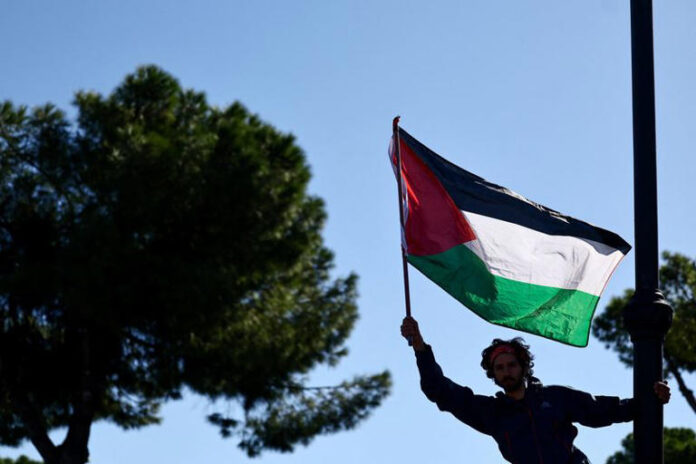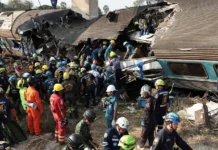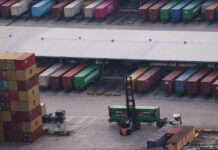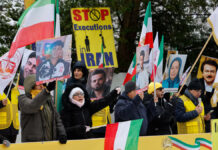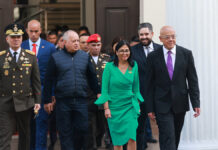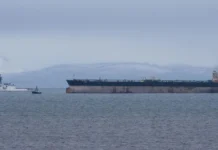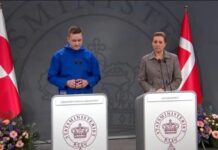(Reuters) – Hundreds of thousands of Italians took to the streets across the country on Friday, as part of a day-long general strike called by unions in support of an aid flotilla carrying food to Gaza that was intercepted by Israel this week.
“After what I saw with the flotilla, I thought I couldn’t just stand by and do nothing. It’s the first time I go to these kind of demonstrations,” Mario Mascetti, a protester in Rome, told Reuters.
The CGIL and USB trade unions staged demonstrations in more than 100 cities. In the capital, crowds marched from the central Piazza Vittorio towards the main train station, holding union and Palestinian flags, as well as banners.
The strike caused delays and cancellations across Italy’s rail network, with more limited disruptions at airports. Metro lines continued operating in both Rome and Milan.
Motorways or ring roads were blocked by protesters around several cities including Rome, Milan, Bologna and Trento, with police firing tear gas outside Milan to disperse stone-throwing demonstrators.
The Tuscan port of Livorno was closed by protests.
“This is not just any strike. We’re here today to defend brotherhood among individuals, among peoples, to put humanity back at the centre, to say no to genocide, to a policy of rearmament,” CGIL leader Maurizio Landini said.
Some 300,000 people took part in the Rome march, according to the organisers. They estimated crowds of more than 100,000 in Milan, 50,000 in Naples, 25,000 in Venice and a total of 150,000 in various cities in Sicily.
Authorities have not confirmed the figures.
MELONI CALLS STRIKE AN EXCUSE FOR A LONGER WEEKEND
Israel has called the aid flotilla a stunt and offered to take the aid from the boats and have it distributed in Gaza. It has repeatedly denied allegations of genocide.
Italy’s right-wing government has criticised the strike, with Prime Minister Giorgia Meloni suggesting that people skipping work for Gaza was just an excuse to have a longer weekend break.
Protests in solidarity with the humanitarian convoy that was trying to break Israel’s naval blockade have sprung up all over Europe and other parts of the world, but have been particularly widespread in Italy.
Mattia Diletti, a sociologist at Rome’s Sapienza University, said the Palestinian cause had always resonated in Italy, both amongst its centrist Catholic and leftist political traditions.
“Italy has always been a very political country, characterised by this (pro-Palestinian) element,” he said.
The national strike watchdog said on Thursday that the unions had broken rules by not giving enough advance notice for the strike, but the CGIL and USB went ahead anyway, attracting more criticism from the government.
“If today those who strike illegally cause billions of euros worth of damage to the Italian economy … then sanctions must be proportionate to the damage caused,” Transport Minister Matteo Salvini said.
Pro-Palestinian protests were due to continue on Saturday with a mass rally in Rome, capping off several days of demonstrations that have sometimes turned violent and sparked clashes with police.
On Thursday night, tens of thousands of people marched peacefully from Rome’s Colosseum, while in Turin a conference centre was vandalised and in Milan a statue outside the Duomo cathedral was daubed with red paint and graffiti.









